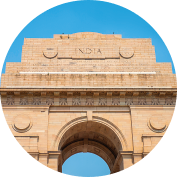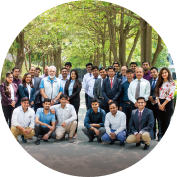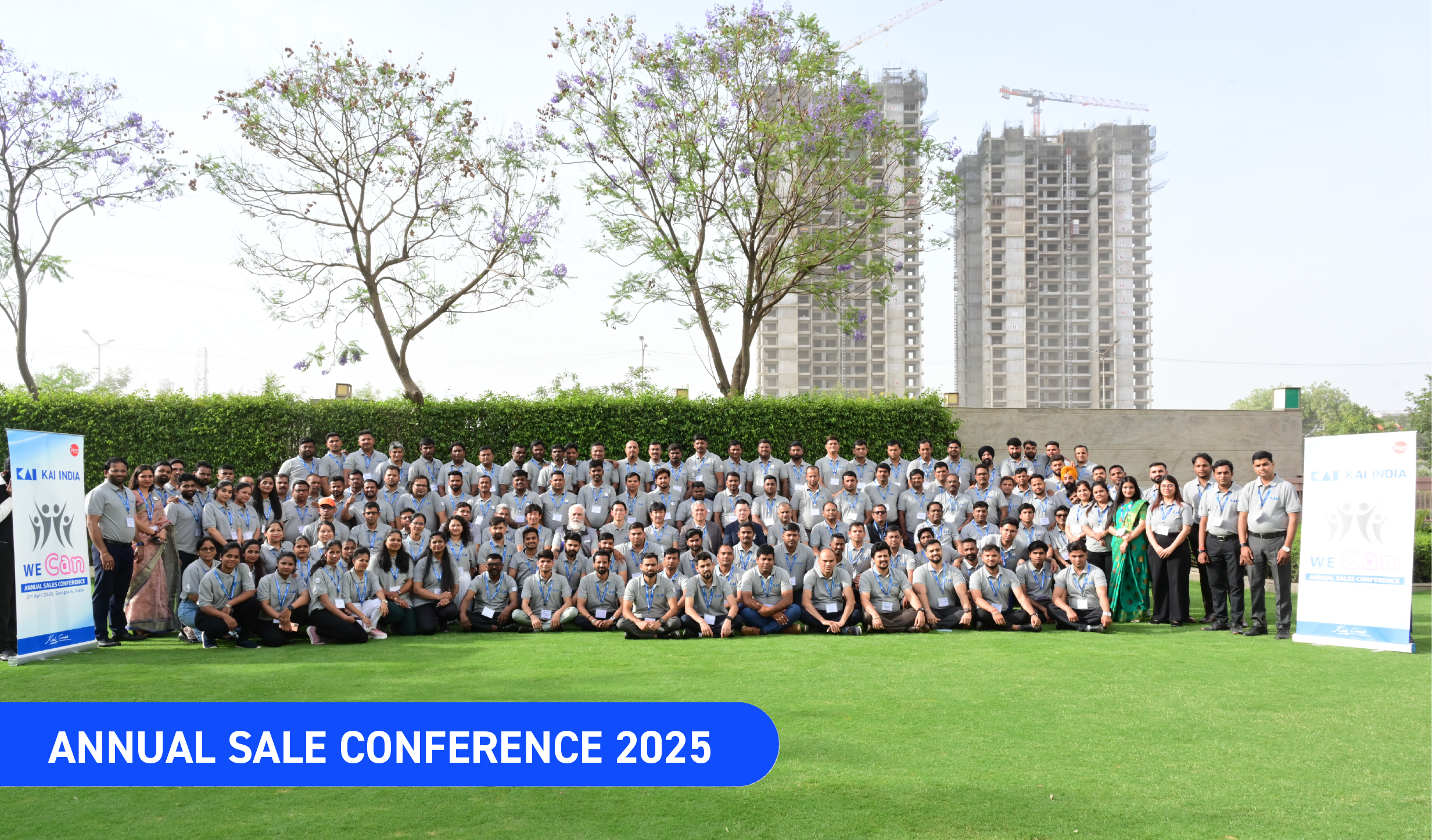
 Tailored
Tailored


India, which is undergoing a hygiene transformation, is spreading products with Japanese quality.
Make in India,
sell in India and overseas
KAI established “kai manufacturing India
pvt. ltd.” in 2012. With offices in Gurugram and plants in Neemrana,
both are found in the Delhi metropolitan area. Rajesh U Pandya has been
appointed as Managing Director. And the division now has three products:
“KAI Hocho (knife)”, “KAI Tsumekiri (nail clipper)” and “KAI Kamisori
(razor)”. Each product keeps its original Japanese name. “In India, even
if the names were written in Japanese, it is indistinguishable from
Chinese”, Managing Director Pandya explained. “Therefore, the names were
written with English characters. But I would still like to sell
Japanese culture by keeping the Japanese name as it is. And I want to
infiltrate these words as general nouns into India. In particular, I see
strong potential in “KAI Tsumekiri”. Because the culture includes a lot
of finger food, the nails must be kept clean. I want to advocate a “one
for each” lifestyle by promoting nail clippers same as toothbrushes and
bath towels. This idea spreads the concept of health and beauty”.
To start out, KAI India is making and selling three products in India,
developing into a market of 1.3 billion people. The company wants to
contribute to the social improvement of India by creating jobs and
promoting a society where women can be active. Furthermore, the
possibilities for the future are still expanding, including sales
channels in Asia, Africa, and the Middle East.
Japanese corporate tradition
Carried out in India
(Above) Kai holds a meeting every morning, where all of the employees read the corporate credo in Japanese. (Lower right) Each conference room is named after a Japanese factory, such as “Tawara” and “Oyana”. The employee cafeteria is called “Shokudo”. (Left middle) Photos of Saijiro Endo I and Saijiro Endo II are displayed next to Managing Director Pandya’s desk. (Lower left) On the wall, the corporate credo, company song, and the KAI Group slogan (Obey / Break / Separate) are also posted.
If you gain knowledge of ingredients and study techniques,
Recipes will come naturally
“It’s important to know what effect the ingredients will have on your body. The chef must be responsible for it, in addition to making delicious food. As you deepen your knowledge, you will come to understand “locality”, meaning that good foods are grown according to the local climate. Similarly, seasonal foods help you get into good shape. These are the two most important factors for cooking and eating.”
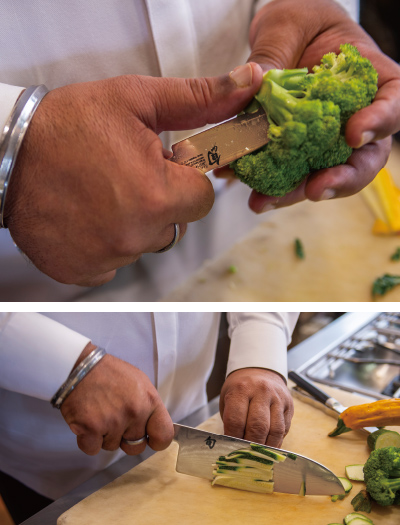
“The knife is the most important. You can't borrow it. KAI knives are easy to use, because of their good balance of weight, not to mention sharpness,” says Manjit, who usually uses KAI knives.
Manjit Gill/Manjit Gill is the President of the Indian Federation of Culinary Associations and the head chef of the luxury Hotels chain, “ITC Hotels” in India. He promotes traditional Indian cuisine. In recent years, efforts have been made to nurture the next generation and raise the level of Indian cuisine. Look for the trademark red turban.
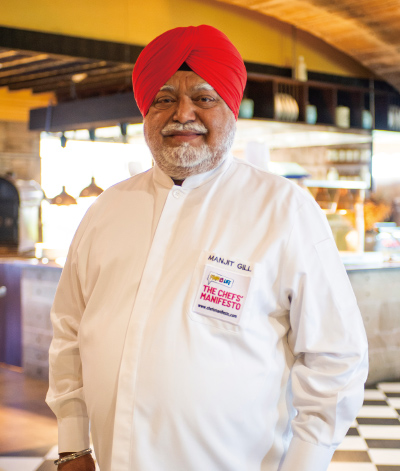
Delhi | Article List
- Previous FACT No.14
- Next FACT No.14
